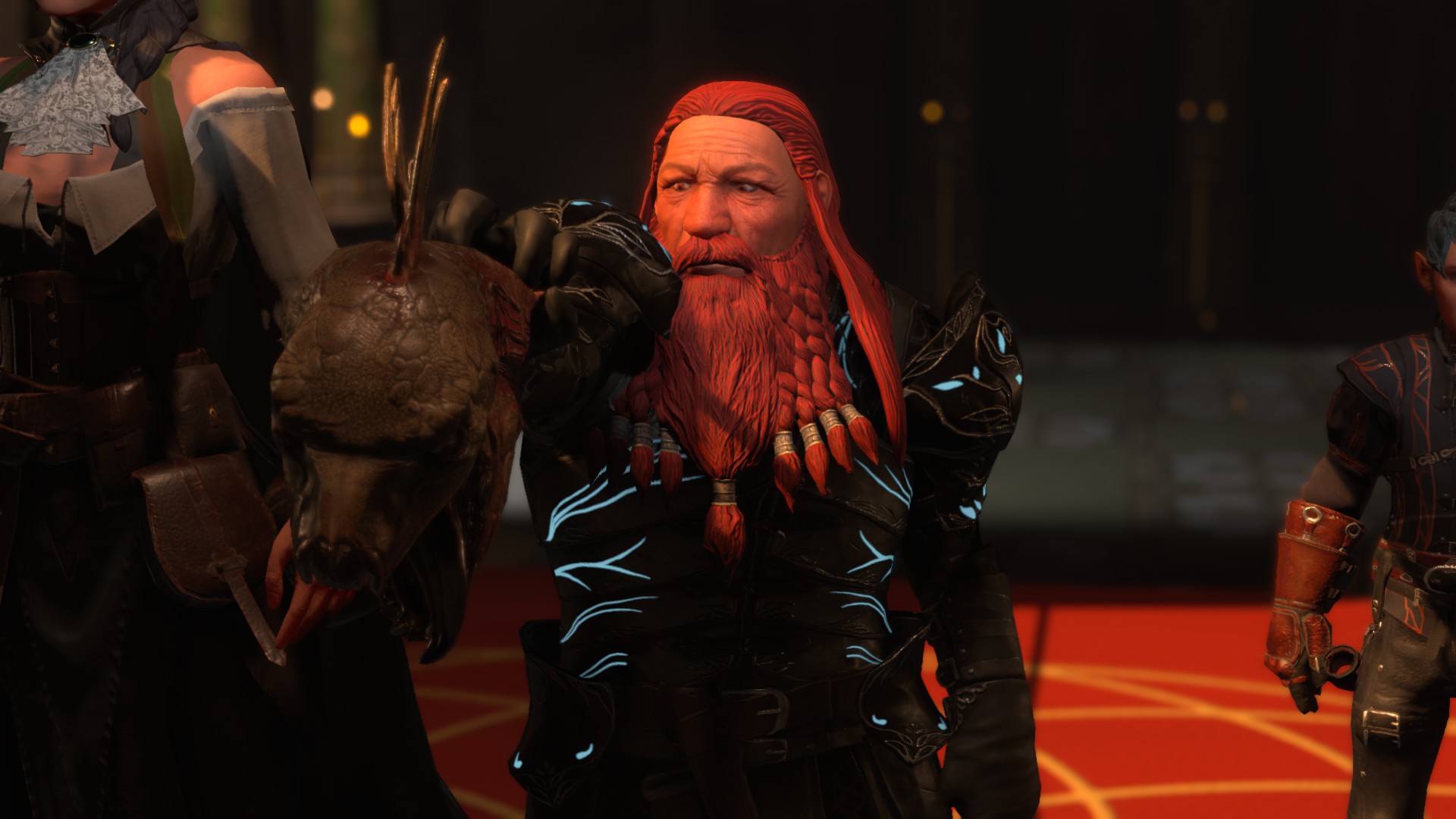

Videogames are much more limited in what they can present during encounters. Fundamentally, you can think of anything to try at the table (though most players NEVER DO, instead locked into the mindset that their character sheet is the list of only available actions). It’s precisely this level of complexity that I always thought would be the greatest difference between a tabletop and computer RPG.

Solasta crown of the magister classes windows#
Not only that, but an impressive variety of encounters involve contextual environmental options that reward creativity, such as pushing over a weak pillar onto enemies or breaking open windows to flood a vampire’s lair with light. Strength can affect their ability to climb and jump, history will help you decipher clues, and the game is packed with options for getting around difficult encounters with dialogue as opposed to combat. While exploring, your characters’ skills and abilities come into play as much more than combat tricks. While the narrative is lacking, the mechanical construction of encounters is consistently impressive. In that, it actually shares a lot with most gaming tables, but this act of verisimilitude was likely not on purpose. I wasn’t offended by its writing, but I have difficulty calling to mind anything I found unique or memorable about it either. The writing of the campaign itself is adequate, but nothing more. The goal is clear: to give players deep options to feel like they are in a role-playing game, down to the quirky and sometimes annoying characters one sees at the table. They will often step over one another in these traits, which affect dialogue options (not always in ways that make for a sensible conversation). When you make your party, you give each character a number of personality traits from a limited pool. Solasta also suffers from the issue of below average voice acting, which grates over the course of its ~40 hour playtime. However, they will be put out by knowing that their options are so limited.

I find it odd that the team did not adapt a third party setting with full, new options to adapt, but there are pros and cons to Solasta’s approach: those familiar with 5E will know exactly what they are getting into, and have no barriers to learning the rules. To the team’s credit, this roster is fast expanding, and between the time I received this game and penned the review, they added the Sorcerer class, and I am sure more will be coming to supplement the experience. As it stands, Solasts only has a fraction of the races and classes available to play.
Solasta crown of the magister classes free#
The biggest caveat to Solasta is its limitation to the SRD, a free but generic document that precludes some of the system’s options from use in game. The turn-based combat is fluid, beautiful, and offers an intensely satisfying challenge. The damage vulnerabilities or nuances of the action economy that usually go ignored at the tabletop see judicious use here, challenging you to build your party carefully and strategize with their actions. Combat is swift and strategic, and the designers took care to construct encounters that challenged all the best that the system can offer, even if it doesn’t always do so. Suffice it to say, the transition to turn based RPG annihilates most of these issues. Despite the positive review I gave the initial release, I have gotten excessively tired of certain aspects of 5th Edition that, for brevity, I will not outline in this article. Its fidelity to the system is so strong that it’s done something I thought impossible: get me interested in base D&D again. The game contains a single-player campaign in which you can fully customize your own party (for a limited definition of “fully”) but its tools for player-generated content are what really spark my interest.Īt its main objective of adapting D&D, Solasta is beyond impressive. To that end, it is the most faithful I have encountered…or rather it may be at some point. At its basis, Solasta is a computer-based adaptation of the D&D 5th Edition ruleset. Its impressive foundation and scope lay the groundwork for a truly magnificent experience, though the game as it stands does not achieve those high hopes. Solasta: Crown of the Magister may just be a revolution in RPG production…eventually.


 0 kommentar(er)
0 kommentar(er)
